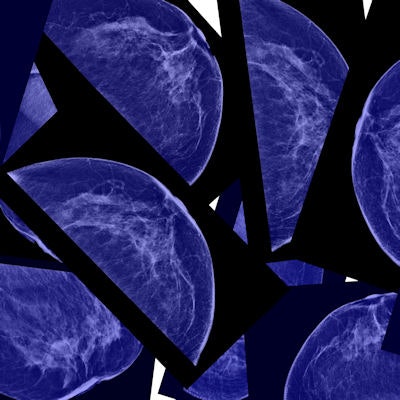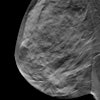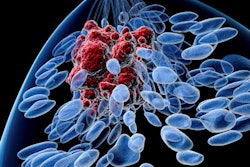
A Dartmouth College investigation found that Dr. H. Gilbert Welch plagiarized material from a colleague in a 2016 study about overdiagnosis in screening mammography that was published in the New England Journal of Medicine, according to university documents and a report published August 20 by STAT and Retraction Watch.
The study in question reportedly found a high rate of overdiagnosis in breast screening, and the authors argued that reduced breast cancer mortality after the advent of screening mammography was the result of improved systemic therapy, rather than detection. The study sparked a vigorous debate, with critics stating that the paper's methodology was flawed.
The plagiarism accusations against Welch were levied by Dartmouth researcher Samir Soneji, PhD, and colleague Hiram Beltrán-Sánchez, PhD. Soneji sent an email in October 2016 to Martin Wybourne, PhD, vice provost for research at Dartmouth, outlining how Soneji had shared his research ideas regarding breast cancer screening's contribution to overdiagnosis with Welch in May 2015.
Soneji described a meeting with Welch during which Welch told him that "he had never thought of [Soneji's] research ideas to a) compute the share of incident breast cancers by tumor size over time and b) use the temporal patterns in tumor size-specific incidence rates to quantify the contribution of breast cancer screening." However, these concepts were then included in the NEJM study, according to Soneji.
"I believe Professor Welch appropriated my research ideas and research results," Soneji wrote.
In fact, Soneji and Beltrán-Sánchez had submitted a paper to the NEJM in August 2015 that included the findings Soneji shared with Welch, but it was rejected, Soneji told AuntMinnie.com via email. The following year, Welch submitted his paper to the journal, and Soneji and Beltrán-Sánchez submitted their work to a different journal in late fall; a peer reviewer at that second journal declined to publish their research, stating it was too similar to Welch's, which had already been published.
After its investigation, Dartmouth sent a copy of its findings to the NEJM and requested that the study be retracted. On August 10, the journal replied that its opinion on the matter was that the issue was an "authorship dispute," and it would not be withdrawing the article.
"We are happy to work with you and the article authors to reach a solution whereby sufficient acknowledgement is given so that the contribution of the complainant is adequately recognized," wrote Dr. Jeffrey Drazen, editor in chief, and Dr. Dan Longo, deputy editor.
For his part, Welch strongly disagrees with the Dartmouth finding, he told AuntMinnie.com via email.
"Both the United States Office of Research Integrity -- the federal office responsible for enforcing laws governing research misconduct -- and the New England Journal of Medicine have reviewed this matter and have judged it to be an authorship or credit dispute," he said. "More importantly, the public should know that no one is questioning the article's data and findings. The underlying data are publicly available -- all the analyses, all the figures, and all the writing in the article are my co-authors' and mine. For the past 20 years, I have investigated the effects of efforts to detect cancer early and this paper was a natural progression of my work."
But Soneji and Beltrán-Sánchez still believe that Welch plagiarized their work by misappropriating their research ideas and results, which represented hundreds of hours of intellectual effort, Soneji said.
"Welch's actions -- and the New England Journal of Medicine's failure to retract the plagiarizing paper -- offer a formula for plagiarism," he said. "Yet, we are confident the research community as a whole remains committed to the ethical conduct of scientific research."




















